Neologism [nee-ol-uh-jiz-uhm] is an old term (c. 1790) that means a new one.
Properly defined, it refers to “a newly coined word or expression.”
This, of course, could also be interpreted as noodle-brained nonsense by literature’s most literate logophiles.
But should it?
While we English enthusiasts are quick to note made-up words in the course of conversation,
(“I like to squirgle a little aloe vera gel after brushing my teeth.”)
the fact that we can glean their meaning from context suggests that these words carry the same clout as their established, dictionary-approved counterparts.
“Do not be afraid to make up your own words. English teachers, dictionary publishers, and that uptight guy two cubicles over who always complains about the microwave being dirty, they will all tell you that you can’t. They will bring out the dictionary and show you that the word isn’t there—therefore it doesn’t exist. Don’t fall for this,” urges blogger Andrew Kaufman of The Guardian. “It is easy to forget there was a time before dictionaries, when everything was less defined and words had a little more wiggle room. This kept the English language alive. Dictionaries turned the language from a house that we are all free to renovate into a museum we are only allowed to look at. So go ahead, step over that velvet rope, make up your own words. Remember that somebody, a long time ago, made up every single word in this sentence.”
Liberating perspective, isn’t it?
Building momentum within this mounting rhetorical revolution, lexicographer Erin McKean is reshaping how we interact with language. In her talk from TEDYouth, below, McKean emboldens us to embrace our neologistic urges.
McKean recently launched W
ordnik, an online dictionary that houses all the traditionally accepted words and definitions, but also asks users to contribute new words as well as new uses for old words. Sounds headiforus. Funner too.
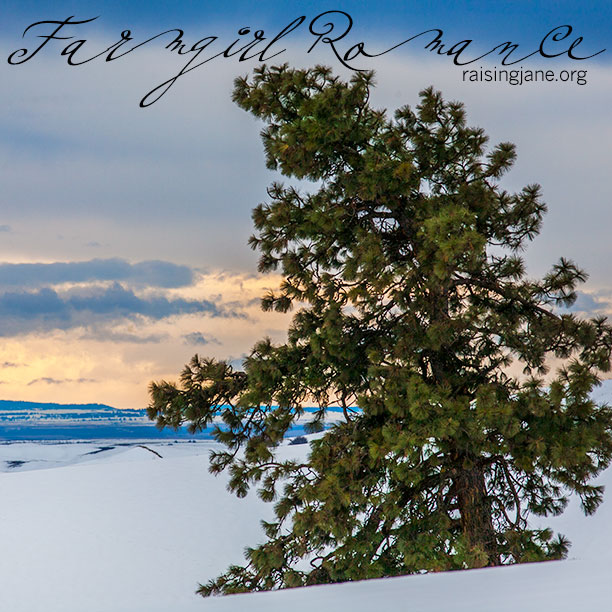















































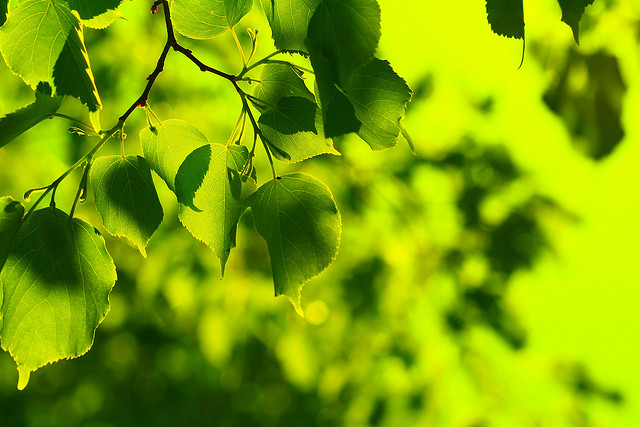
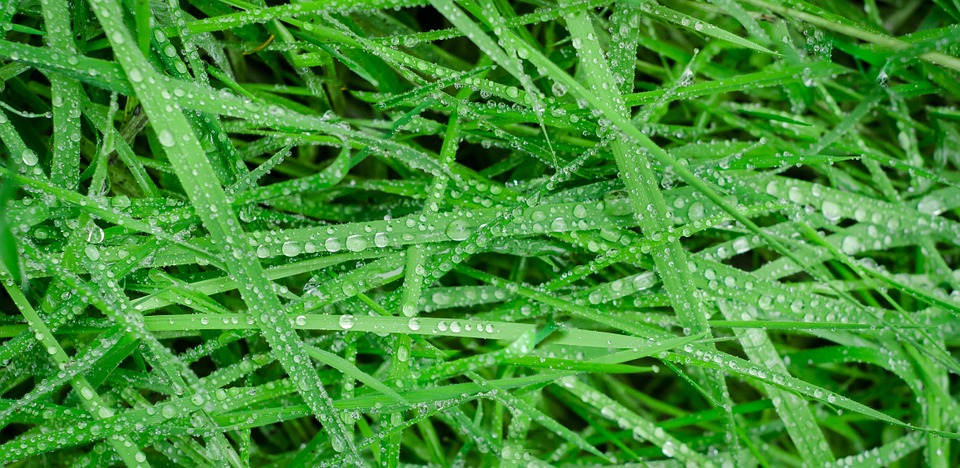
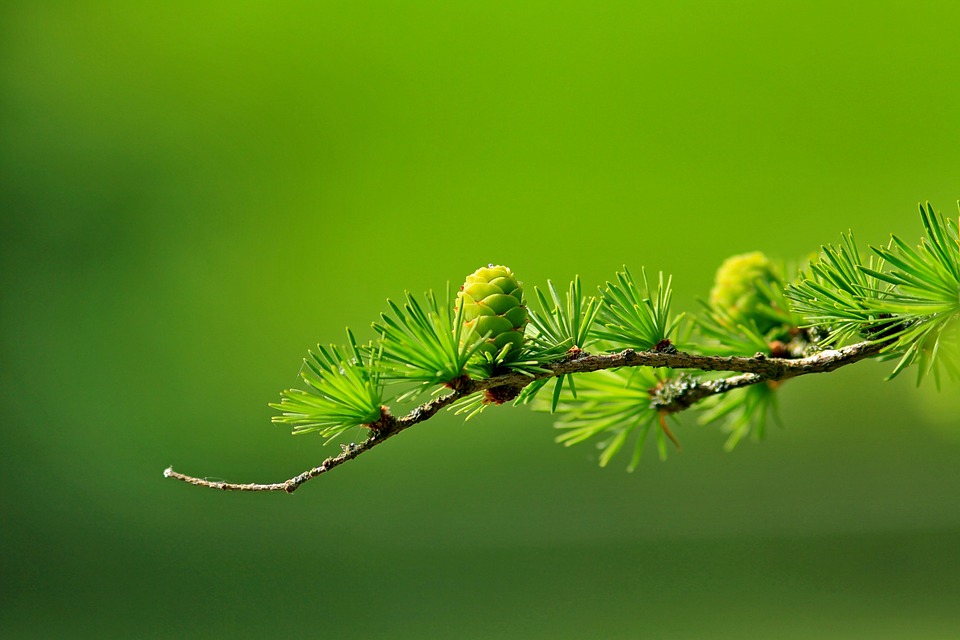
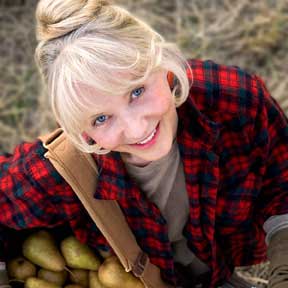
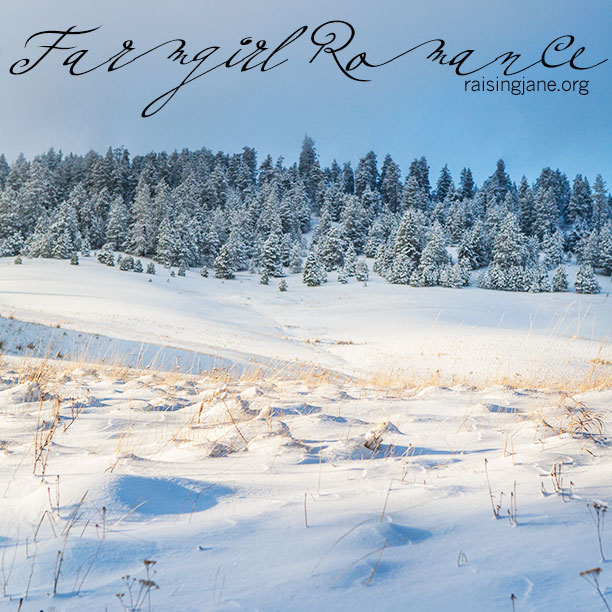




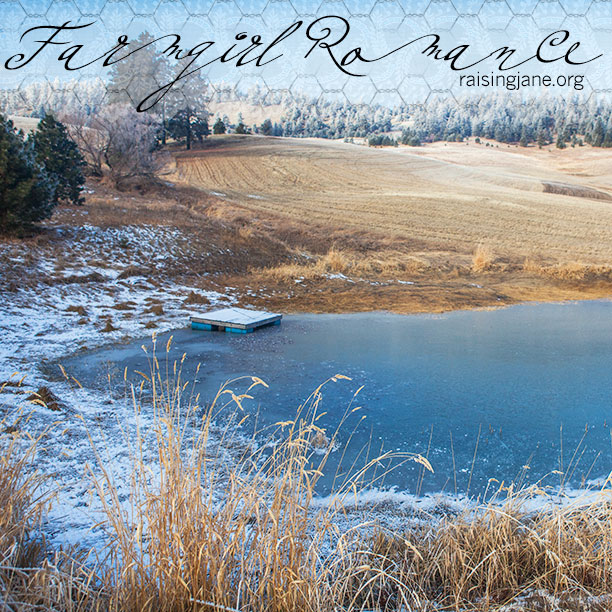


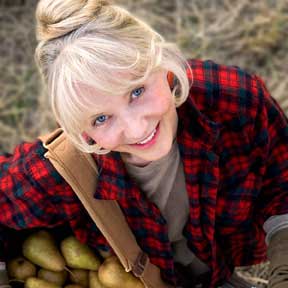
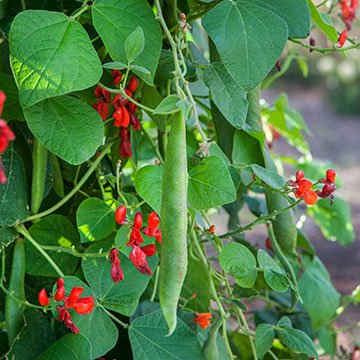
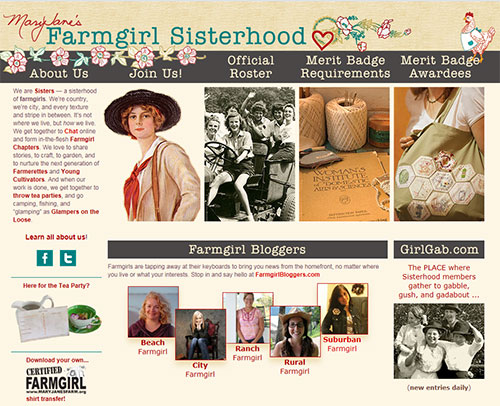
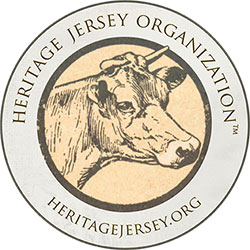
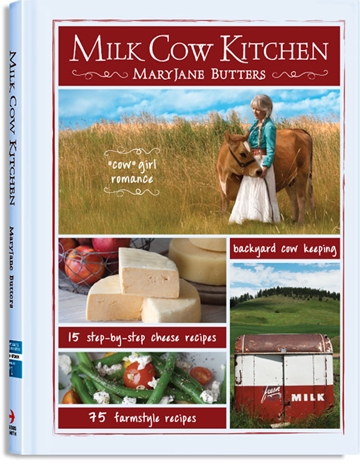

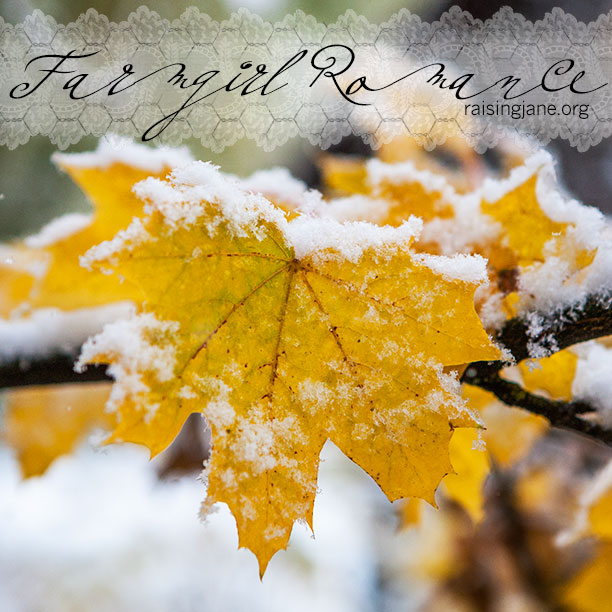

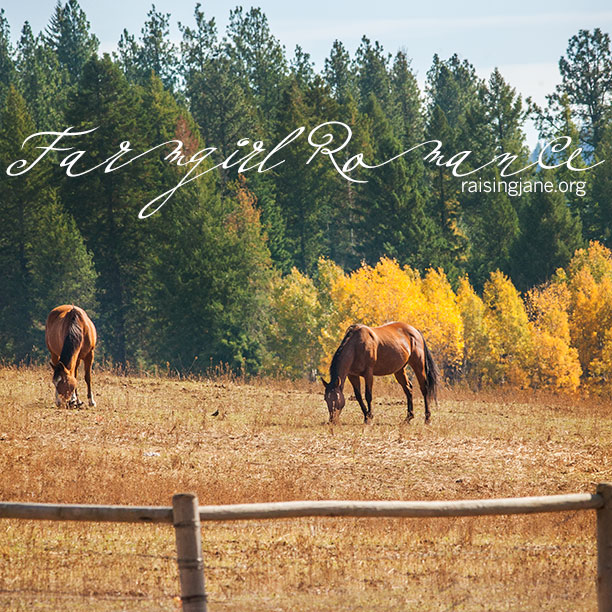







Beautiful morning snow scape outside your window at MJF. Don’t you love the richness of green colors in the pine needles?
One of my favorite sounds is a gentle wind rustling pine needles. It’s not like any other sound. Very calming.
Top of the Mornin’ MaryJane! You know, our pine trees grow very tall so I don’t think I have ever heard their pine needles in the wind. We have so many big Live Oak trees in our yard that they are what I hear most. I am going to try and single out our pine trees next time and see if I can hear their “song”.